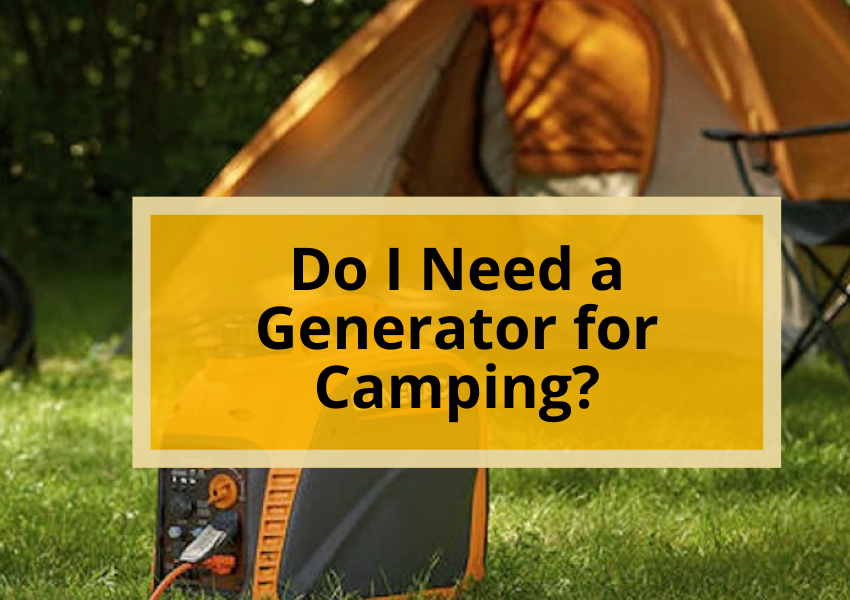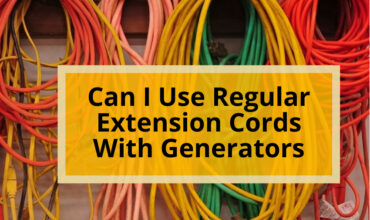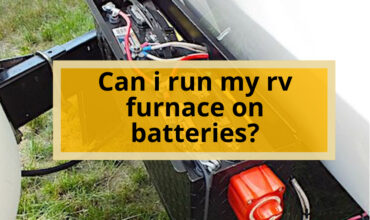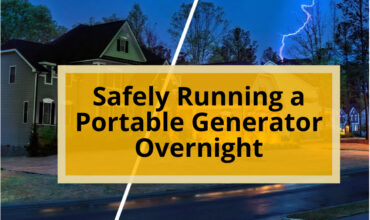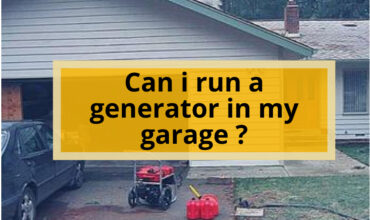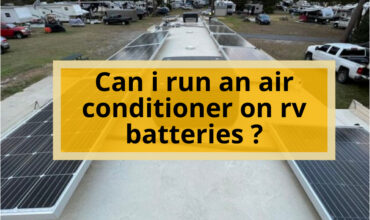Camping is a beloved pastime for many people looking to return to nature and escape the noise and busyness of everyday life. Some campers would be happy to disconnect from technology and electricity. While others would like to have some modern conveniences while spending time outdoors.
One item that can make camping more comfortable is a portable generator. But do you really need one? Consider these factors when deciding whether a generator is right for your next camping trip.
What Will You Use Electricity For?
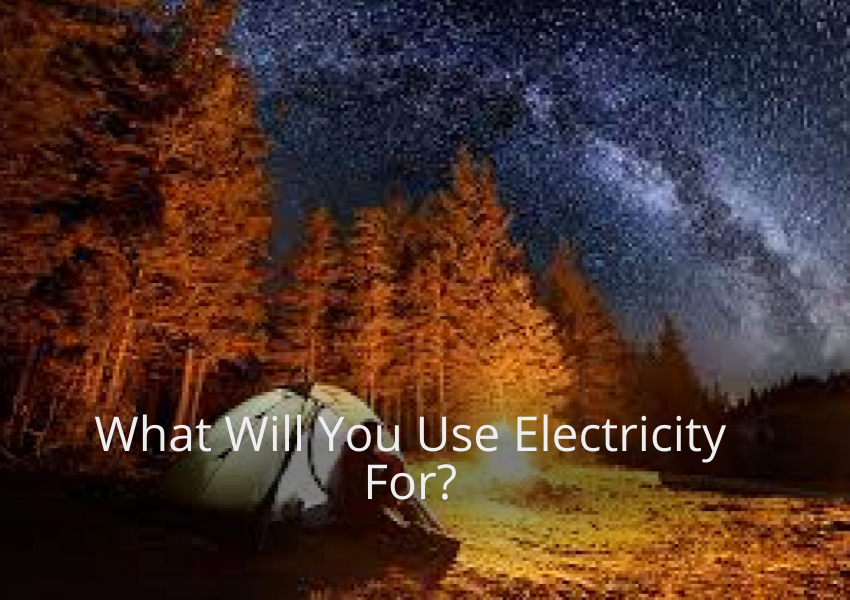
Before deciding on a generator, first think about what you want to power while camping. Make a list of potential electrical needs like:
- Cell phone and other device charging
- Fans of portable AC units
- Lights inside the tent
- RV/camper electricity
- Cooking appliances like electric grills or microwaves
- Coffee maker
- Speakers or other audio gear
- Power tools
A small portable generator may be excessive if you need to charge phones and run a couple of lights. But, a generator becomes much more useful if you have medical devices, want to run appliances or have an RV.
Consider Alternative Power Sources
Other ways to get electricity while camping don’t involve gas or noise. Some options to explore first include:
- Solar chargers and solar panels
- Rechargeable batteries and power stations
- Hand crank or kinetic chargers
- Using your car to charge devices
- Campfires
Solar, in particular, can meet many basic electricity needs in an eco-friendly way. Moreover, there are battery-powered appliances such as lanterns, coolers, and fans. For Campfires, you can use it to cook food, boil water, and provide heat.
So, always check how much energy you need before obtaining a loud, expensive generator.
Estimate Runtime Requirements
Generator fuel capacity and runtime are important factors for camping. Unless you want to run into town for gas daily, your generator must last as long as you’ll be off the grid. Consider:
- How many consecutive hours per day you’ll use the generator
- If you’ll need it running overnight for AC or lights
- How long your total trip is
- If you have ways to refuel during the trip if needed
This will help determine the size and type of generator fuel tank you’ll need. Lean towards overestimating your runtime to avoid running out of fuel.
Check Noise Levels
One of the biggest downsides of generators is the noise. Even models marketed as “quiet” make many rackets compared to the peace of nature.
To know how noisy potential generators are, check decibels. Then, think about whether that will interfere with your camping experience. Consider:
- Proximity to other campers
- Whether you’ll run it overnight
- If noise will disturb wildlife
- Any noise restrictions in the campground
You may want to avoid loud gas-powered generators for a serene camping vibe. Or plan only to run them sparingly when needed.
Factor In Portability
One benefit of camping generators is that they are made to be transportable. But some are lighter and easier to move than others. Consider how much space you have to transport a generator and its weight. Other factors like handles and wheels also affect portability.
If you plan to do a lot of hiking or boating during your trip, keep generator weight and size within reason. You don’t want it to dominate packing space in your car. And if backcountry camping, you may want a minimal solar option instead of a full portable generator requiring gas.
Look Into Generator Specific Features
Modern camping generators offer useful features. These features will help you improve your experience and meet different power needs. Be sure to look for things like:
- Multiple AC and USB power outlets
- Power cords included or available
- Companion apps to track power levels
- Parallel connection ability to combine with another generator
- Inverter generators for a more portable and quiet option
- Solar panel charging capability
- Bluetooth connectivity to control and monitor from your phone
- Power station combination units with other features like air compressors
The more features align with how you want to use it, the happier you’ll be with your generator purchase. Having the right outlets and power capacity is critical.
Consider Costs
Adding a generator to your camping gear is no small investment. Prices can range from a couple of hundred dollars for the most basic portable models to several thousand for large standby units. Consider:
- Your budget constraints
- How frequently do you plan to camp per year?
- If renting may be a better option in the long term
- Costs of fuel and maintenance over time
Also, consider other gear you may need, such as extension cords, batteries, solar panels, etc.
Your needs will determine whether you need a generator, or a cheaper alternative power option would be fine.
Think About Power Needs at Different Campsites
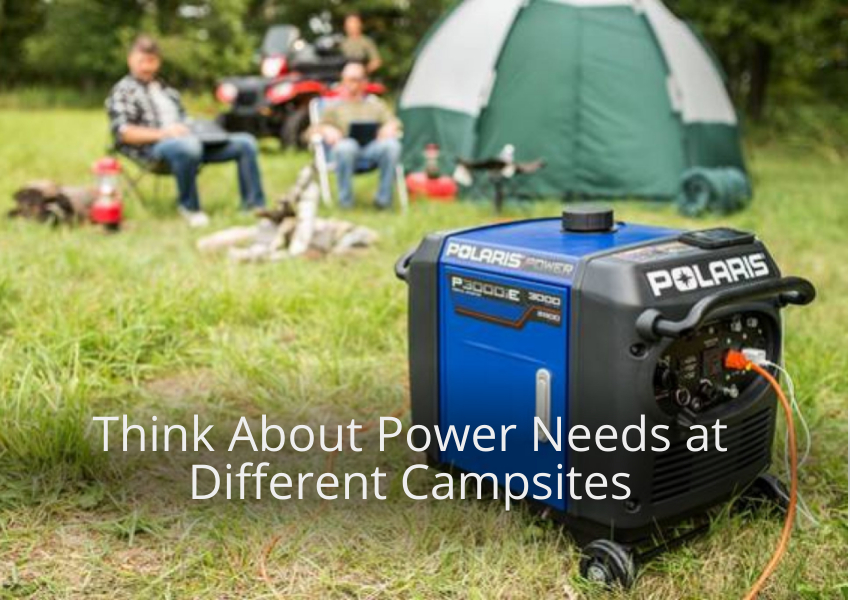
Before buying a generator, consider the places you like to camp and what power access they provide. A state park campground likely has electrical hookups for RVs you could utilize. More remote backcountry sites will have no infrastructure.
Consider your typical camping destinations and what electricity is available onsite. This will let you know how much extra power you must generate.
Doing an honest evaluation of your usual camping power requirements will give you the right generator size and features to suit. For example, running medical devices, large RVs, or many appliances needs an appropriate generator. While small portable generators can meet basic electricity needs for phones, lights, fans, etc.
Thus, when investing in a generator, calculating your runtime and power needs is always recommended.
Consider Campground Rules and Regulations
Most campgrounds have guidelines about generator use. Looking into these guidelines is a must before purchasing and packing one. Things like noise limits, hours of operation allowed, and fuel storage rules will dictate how, when, and where to run a portable generator. Some key areas to research:
- Any outright bans on generators for some campsites
- Decibel limits that may rule out larger models
- Blocks of time when generator usage is prohibited
- If there are any hookups available that reduce the need to run it
- Overall campground culture and how much noise is tolerated
Nothing is worse than getting to your site and realizing generator use is more restricted than anticipated. Do your homework so there are no surprises or conflicts.
Think About Powering Future Trips
While a generator is certainly a big purchase for camping, take a bigger picture and look at ways you can utilize it for other purposes as well. Could you use it for:
- Power outages at home
- DIY projects requiring power tools
- Tailgating or parties
- Mobile food stand or concession equipment
- Jobsite use if self-employed in trades
A generator can be a worthwhile investment for home backup power even if you only camp occasionally. And they hold resale value reasonably well if camping needs change down the road.
Questions to Decide if You Need a Camping Generator:
- What specific devices or appliances will you want to run?
- How long will you need power each day?
- Do you have other power options like solar that could work?
- Will generator noise interfere with the experience?
- How close will you be to other campers?
- What are the rules and regulations for using generators at your campground?
- How portable must it be for your transportation and camping situation?
- Can your budget accommodate purchasing, fueling, and maintaining a generator?
FAQ
What are the benefits of using a generator for camping?
The benefits of using a generator for camping include:
Convenience: A generator can provide you with a convenient source of electricity, even if you’re camping in a remote area. This means you can use appliances and devices you normally use at home, such as a coffee maker, microwave, or TV.
Comfort: A generator can help you stay comfortable while camping, especially in hot weather. You can use it to power an air conditioner, fan, or other cooling devices.
Safety: A generator can be a lifesaver in an emergency situation. It enables you to power essential appliances during a campground power outage.
What are the drawbacks of using a generator for camping?
The drawbacks of using a generator for camping include:
Noise: Generators can be noisy, which can be a nuisance to other campers. It’s important to choose a generator that is as quiet as possible and to place it away from other campsites.
Weight and bulk: Generators can be heavy and bulky, making them difficult to transport. If you’re planning on backpacking or hiking to your campsite, you may want to consider a smaller, more portable generator.
Fumes: Generators produce fumes, which can be harmful if inhaled. It’s important to use your generator in a well-ventilated area and avoid running it for long periods.
How do I use a generator safely while camping?
Here are some safety tips for using a generator while camping:
Place the generator in a well-ventilated area. Never run a generator in an enclosed space, such as a tent or camper.
Keep the generator away from flammable materials. Do not place the generator near gasoline, propane, or other flammable materials.
Turn off the generator before refuelling it. Never refuel a running generator.
Use a surge protector. This will help to protect your appliances from damage caused by voltage spikes.
e aware of the carbon monoxide hazard. Carbon monoxide is a colourless, odourless gas that can be fatal. If you are using a generator, be aware of the signs of carbon monoxide poisoning, such as dizziness, headache, and nausea.
How do I calculate what size generator I need for camping?
Add up the starting and running watts for all devices you want to run. Allow about 15% extra as a buffer. A 2,000 to 3,000-watt portable generator can run most basic items for a camping trip. Make sure to check if any items have a pure sine wave inverter requirement.
Are there restrictions on generator use at campgrounds?
Many campgrounds prohibit generator use during quiet hours or have noise limits. Always check the rules in advance. Restrictions vary widely between campground types and individual policies.
What maintenance does a camping generator need?
You must check and change the oil, filters, and spark plugs. Perform other routine maintenance based on hours of operation and manufacturer guidelines. Proper storage is also key when not camping to avoid issues.
What maintenance does a camping generator need?
You must check and change the oil, filters, and spark plugs. Perform other routine maintenance based on hours of operation and manufacturer guidelines. Proper storage is also key when not camping to avoid issues.
What maintenance does a camping generator need?
You must check and change the oil, filters, and spark plugs. Perform other routine maintenance based on hours of operation and manufacturer guidelines. Proper storage is also key when not camping to avoid issues.
How noisy are camping generators?
Portable generator noise levels range from about 50-75 decibels or more. For comparison, normal conversation is about 60 dB. So they can be significantly louder than nature’s sounds. Look for “quiet” models rated under 65 dB.
How long will a portable generator run on one tank of gas?
Runtime varies based on tank size, fuel efficiency, and power load. Most models provide 4-12 hours on a tank. Estimate about 0.5-1 gallon of gas per hour under typical recreational loads. Refuelling may be needed daily.
Can you bring a generator on a plane for camping trips?
No, generators cannot be brought onboard as carry-on or checked luggage due to fuel hazards. If camping there, you would need to buy or rent one locally once at your destination.
What are the best generators for powering a camper or RV?
Look for a generator at least 3,000 watts or more for air conditioning and multiple appliances in an RV or trailer. Inverter generators are best for quiet, portable power for motorhomes and campers.
Conclusion
Carefully weighing all these factors will determine if getting a generator is necessary for a fun and comfortable camping trip. Often, simpler solutions can cover basics like phone charging and lighting without the cost and noise of a portable generator. But they can certainly help make camping feel more like home for some. Consider your needs and research generator options thoroughly to find the right fit.
